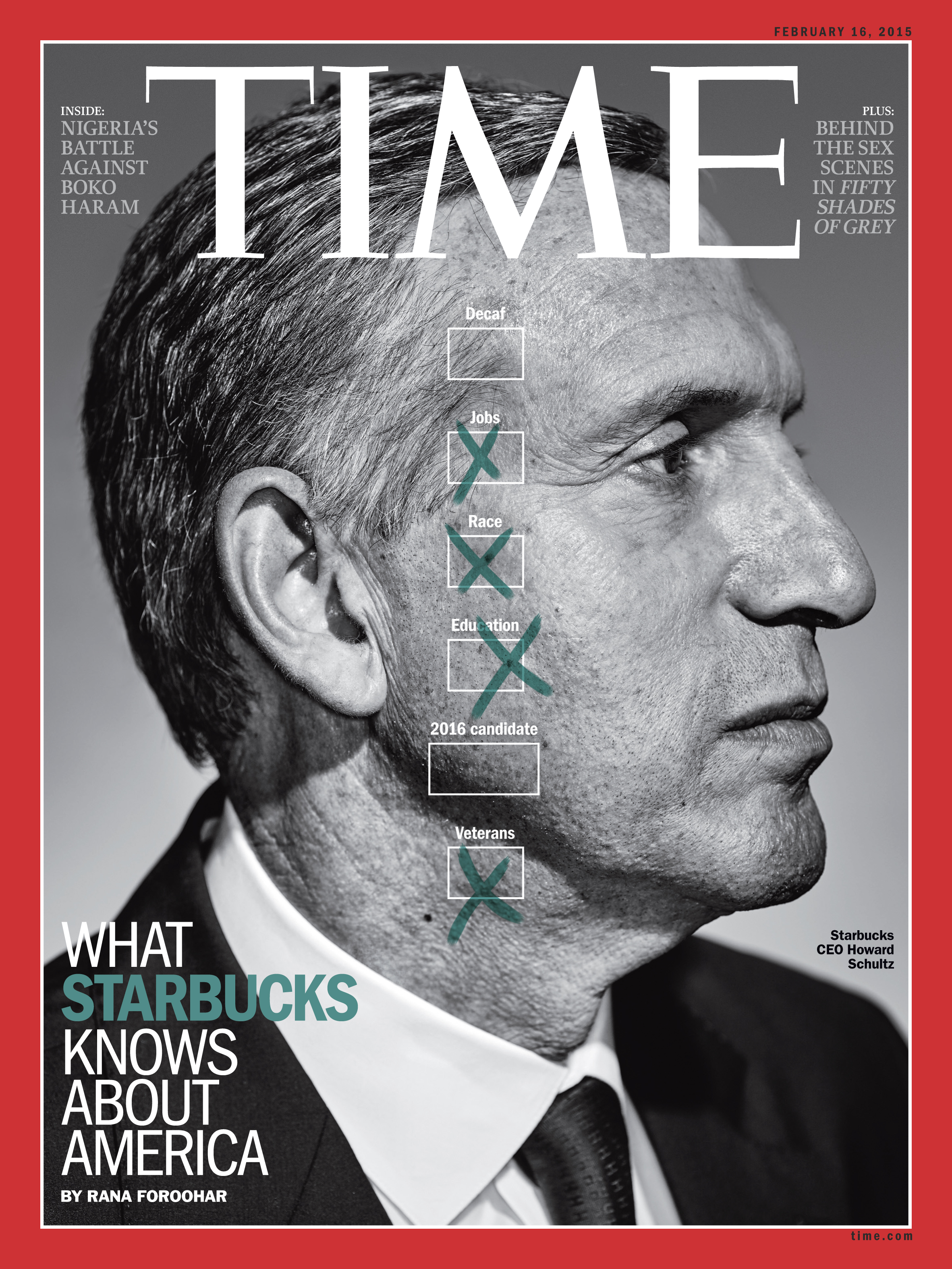
Starbucks CEO Howard Schultz has big plans for the future of his coffee empire. In a new cover story, the 61-year-old executive gives TIME’s Rana Foroohar a preview of the company’s transformation, much of it designed to cope with a rapidly changing American middle class. In a wide-ranging, exclusive interview Schultz describes the firm’s strategy to move up market, delving into the personal history that has shaped his beliefs on issues ranging from the working poor to race relations.
Just as fashion brands have haute couture and mass-market lines, Starbucks this year will start opening a series of luxury Reserve stores, where customers can get a more rarefied and expensive assortment of coffee. (Some may experiment with selling wine.) Expect many more specialized formats designed for specific places, like express stores coming to New York City or mobile trucks currently on college campuses. Over the next five years, Schultz will be busy retooling the Starbucks experience, in large part by experimenting with ways to draw in ever-more-fickle consumers.
To read the full story, please subscribe to TIME. More from the story:
On whether he will run for President in 2016, Schultz insists to TIME that he’s not interested in running for office at the moment, saying, “I don’t think that is a solution. I don’t think it ends well.” For now, Schultz says he’s content to, “see what Hillary does.”
On Starbucks’ coffee-sales figures from nearly 12,000 stores nationwide, Schultz says: “We have a lens on almost every community in America…. At 4:30 in the morning, I wake up and see the numbers of basically every store from yesterday.” Over the past few years, says Schultz, they’ve pointed to a “fractured level of trust and confidence” that he attributes in large part to a sense that government is no longer functional and that no one is looking out for the welfare of the middle and working classes.
On how businesses should operate in America: “I think the private sector simply has to take a larger role than they have in the past. Our responsibility goes beyond the P&L and our stock price…. If half the country or at least a third of the country doesn’t have the same opportunities as the rest going forward, then the country won’t survive. That’s not socialism.”
Go Inside Starbucks' Wild New 'Willy Wonka Factory of Coffee'
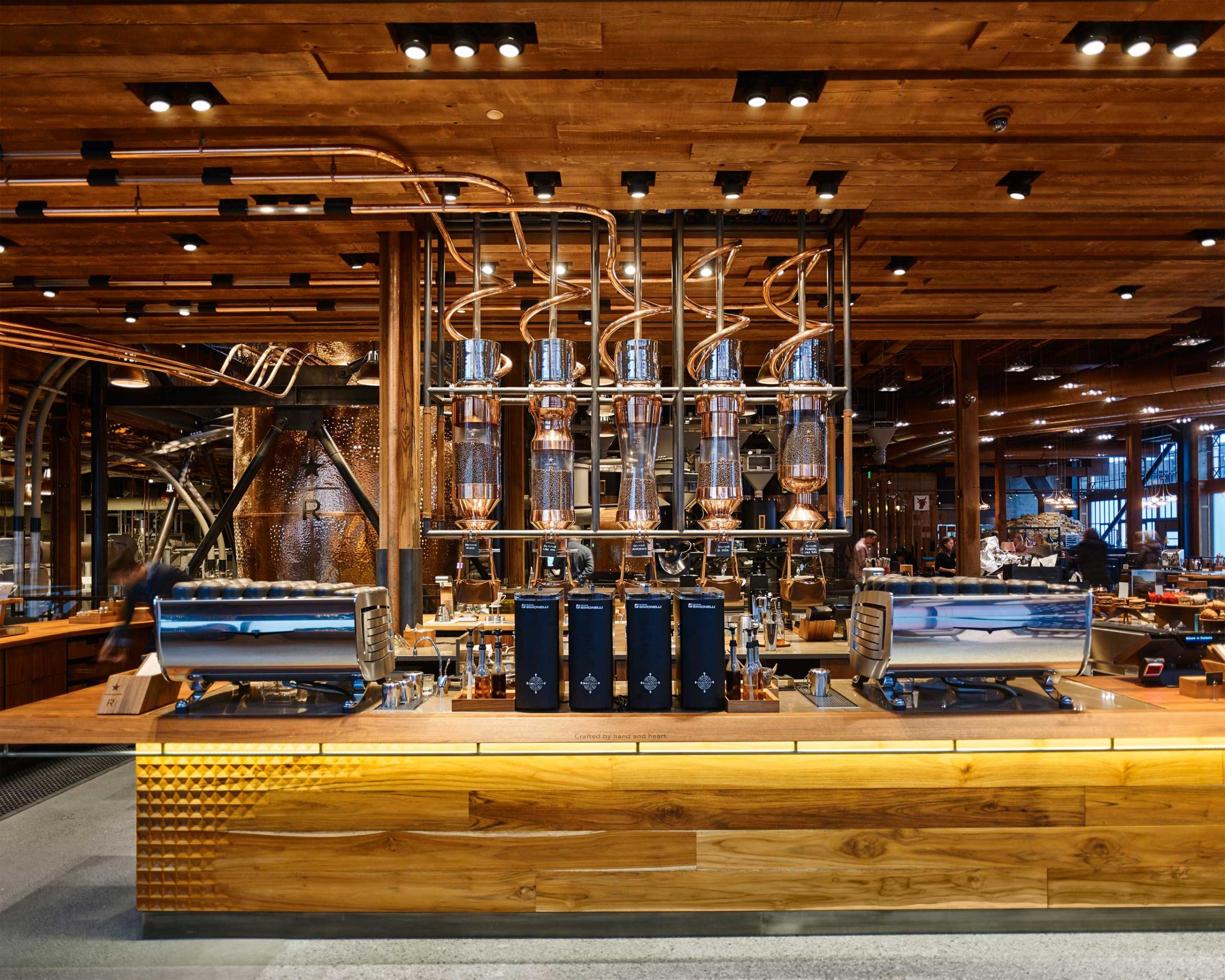
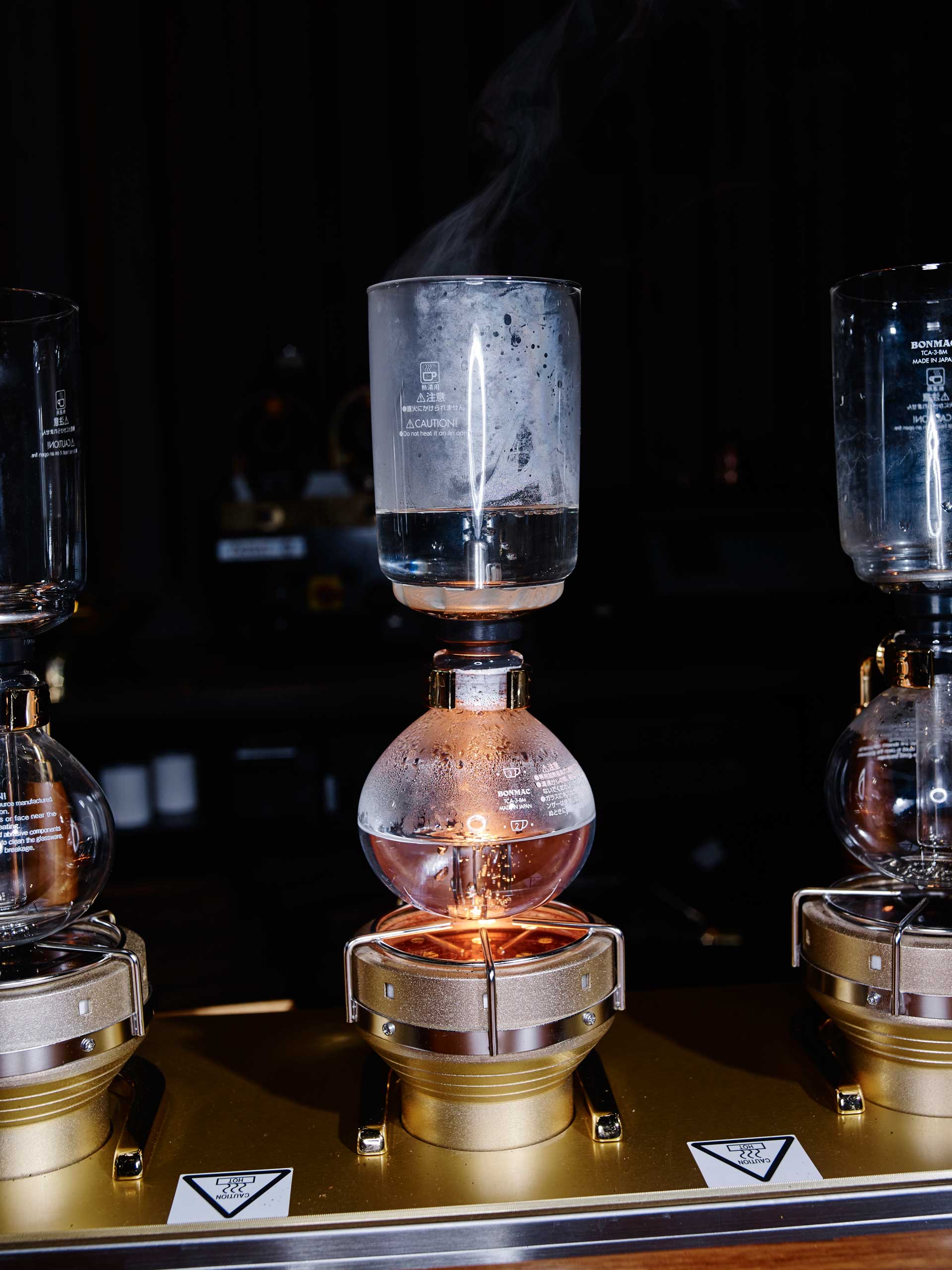
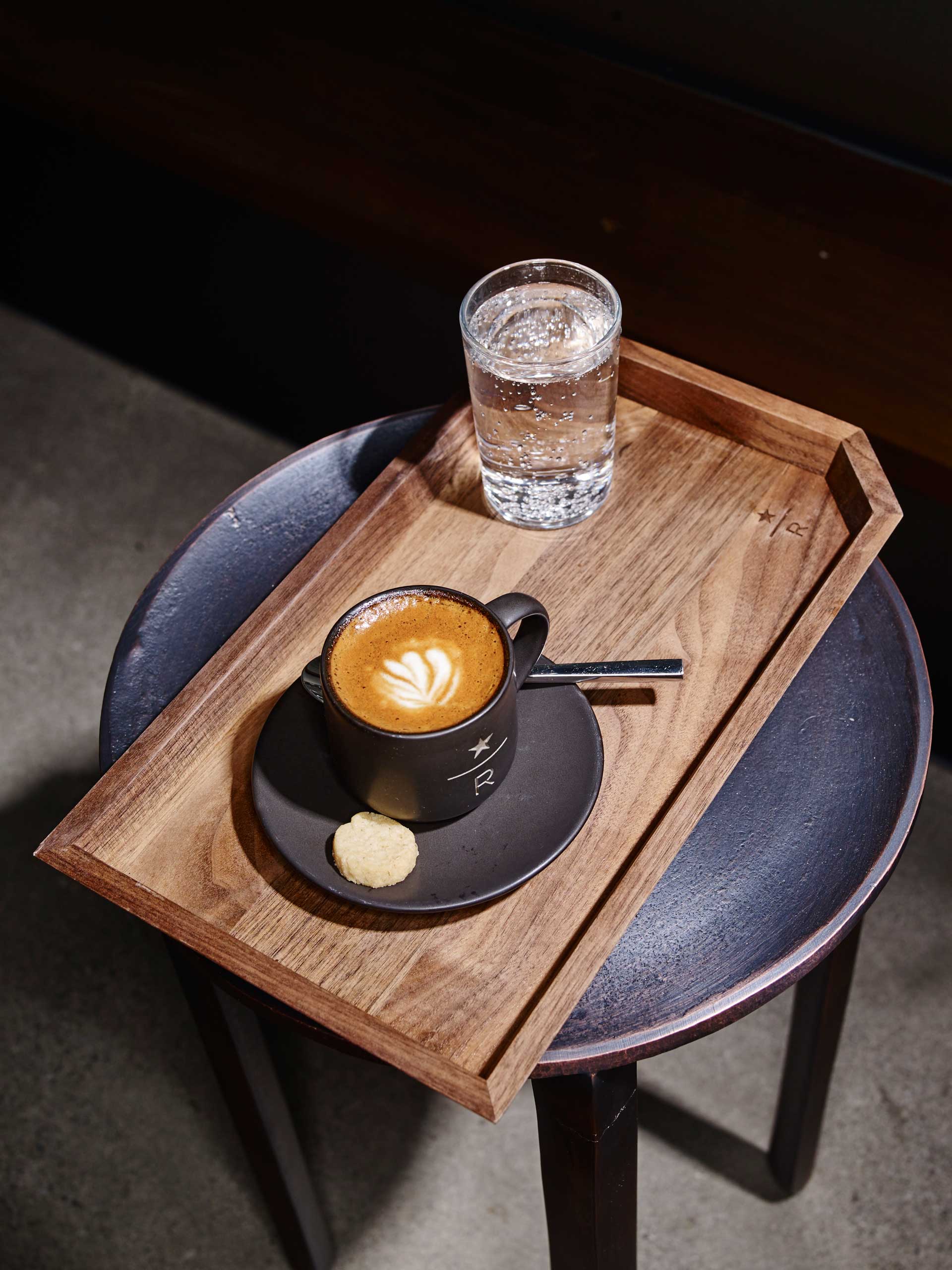
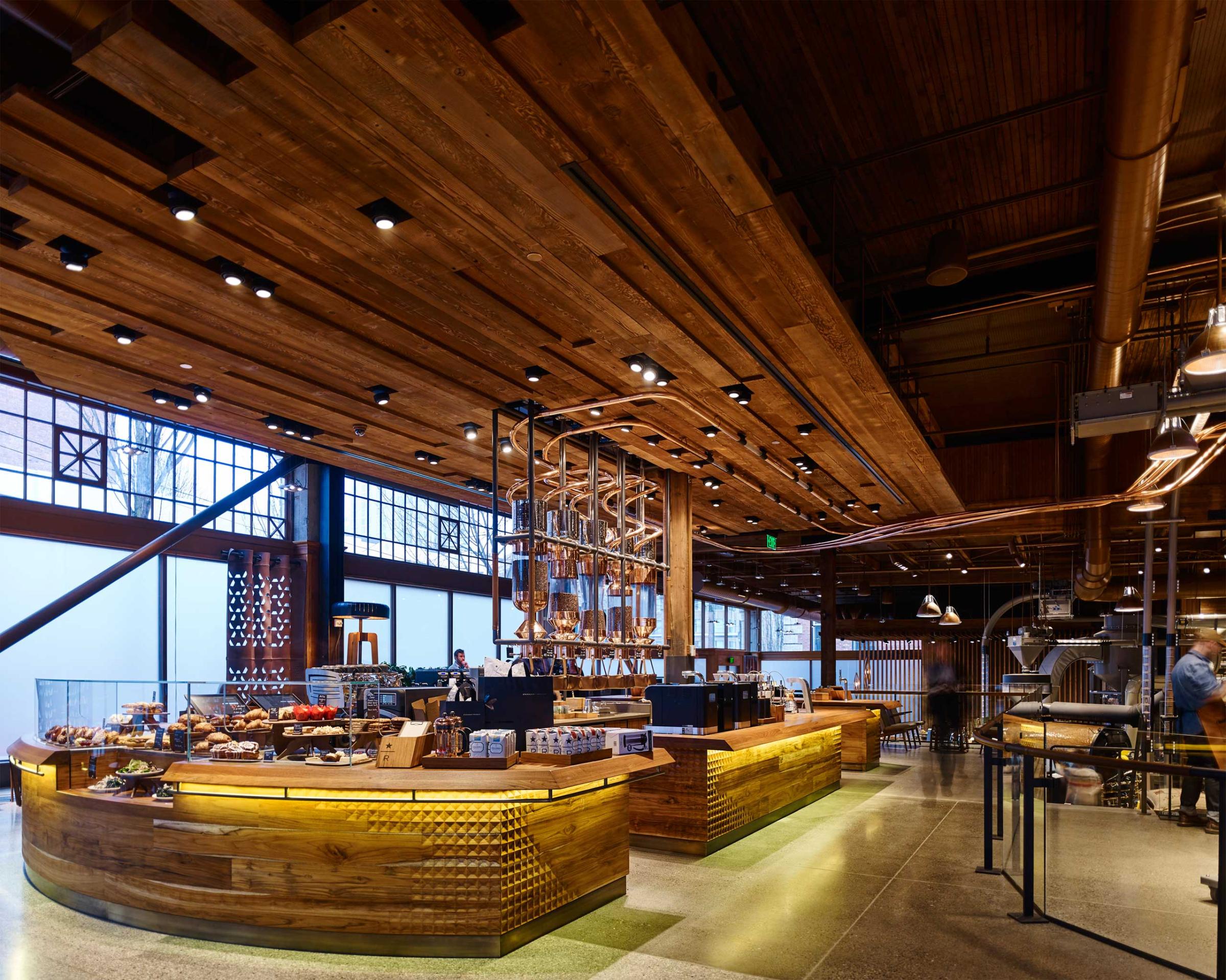
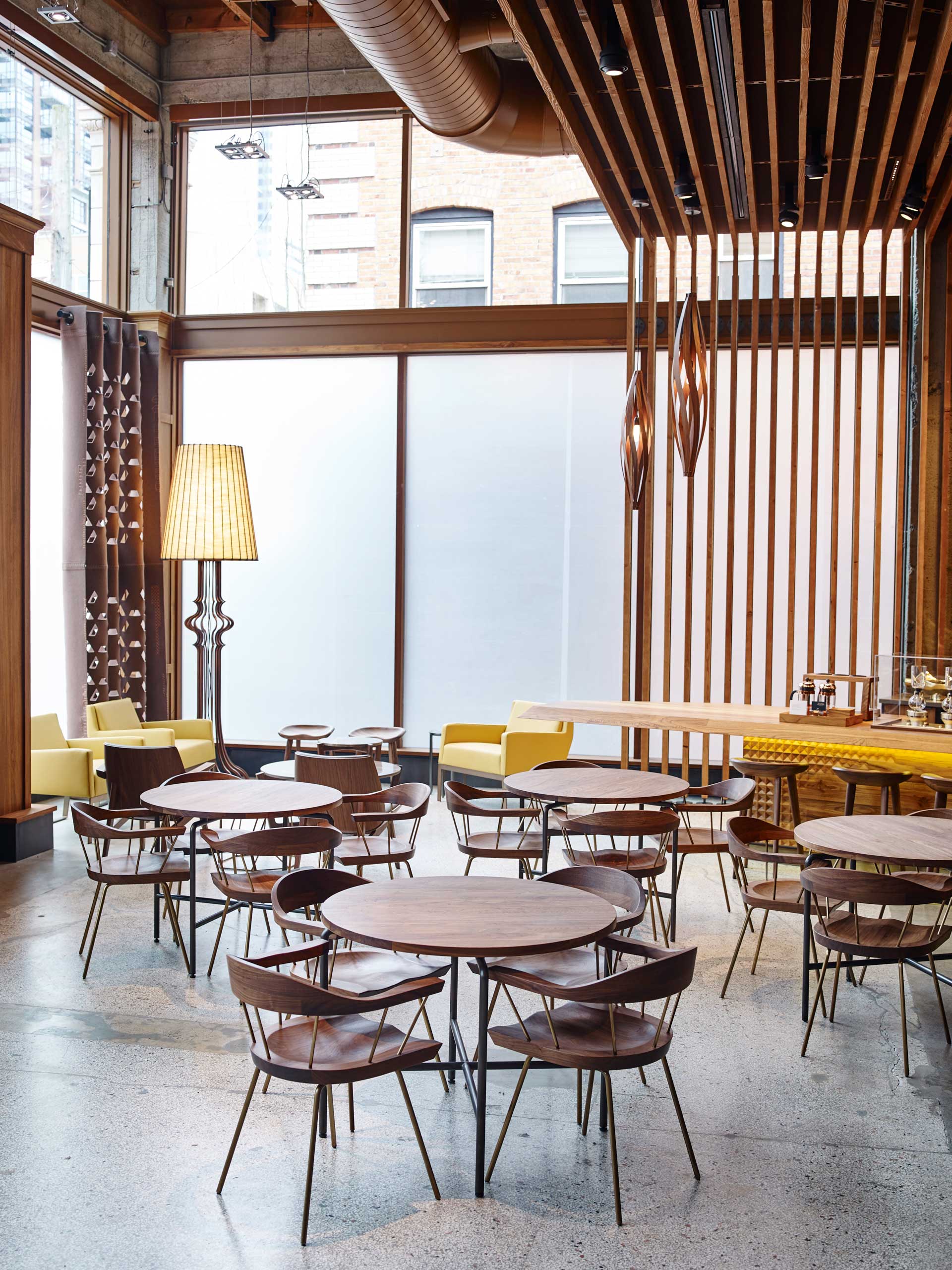
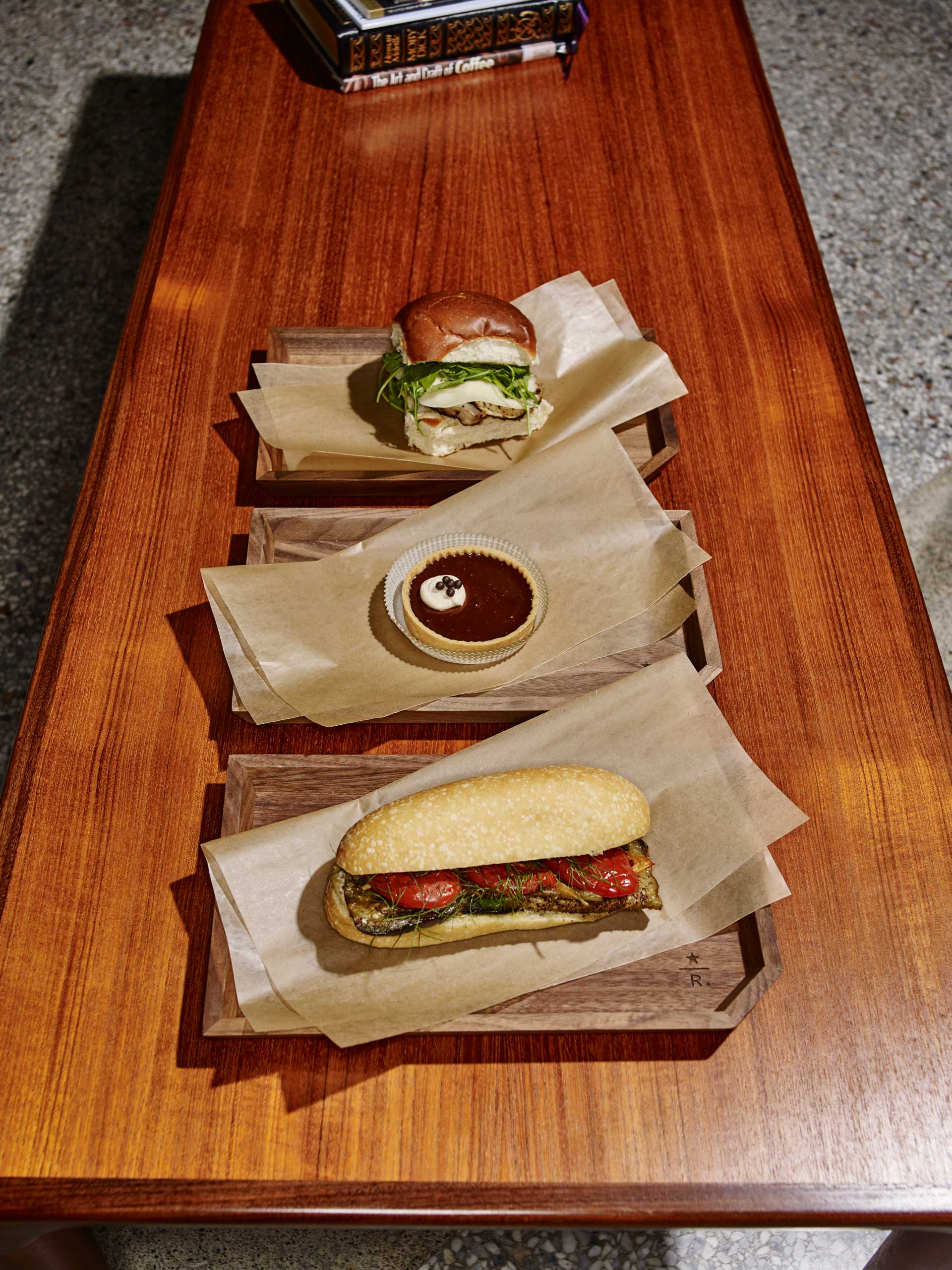
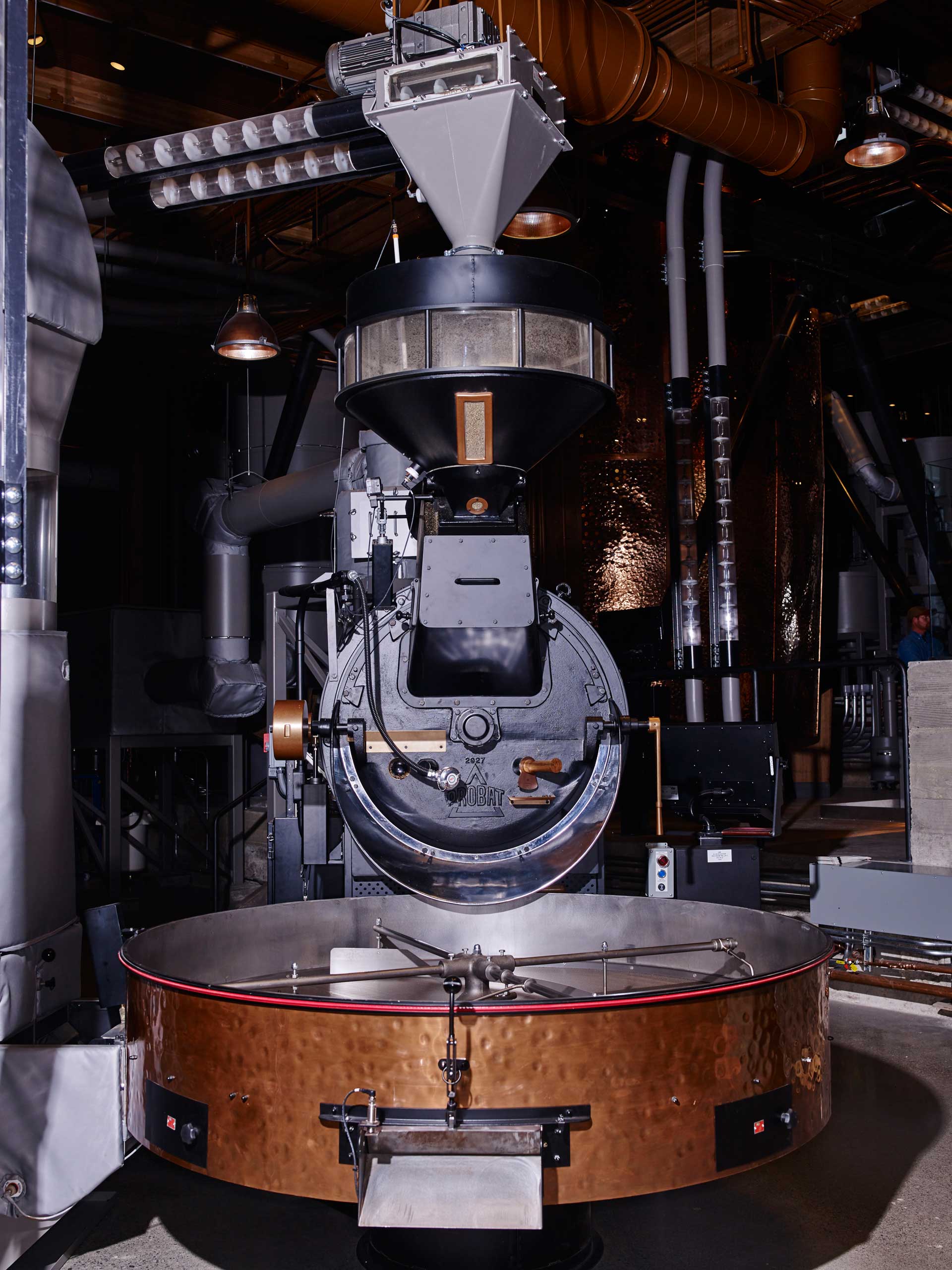
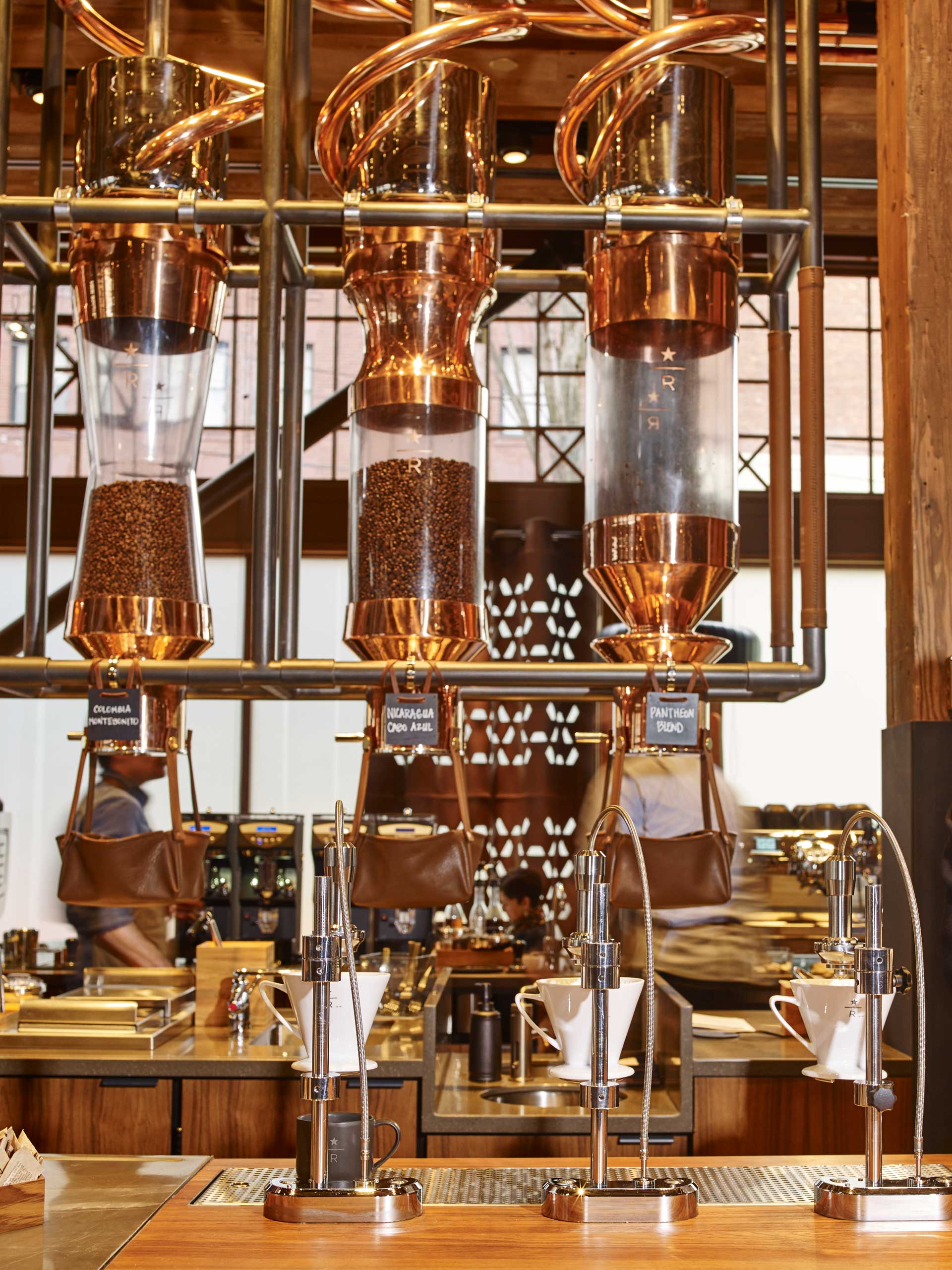
On growing up while struggling with poverty in the housing projects of Canarsie, Brooklyn: “When you say you went to Canarsie High School, you get a whole new level of street cred!”
Grover Norquist talks to TIME about how Starbucks can act as a model for a kind of business federalism in which the private sector does things better and faster than government, saying: “Howard isn’t saying, Hey, I’ll give you a check. He’s saying, I want your skills, [at the same time] that he’s changing the cost of education by revolutionizing education itself. He’s backing into the reform of public education.”
His friend David Geffen says: “I first told Howard he should run back in 2008. We were having a very intense conversation about things that were happening in the country, and Howard had a strong point of view about various things…. We both felt there was a lot of corruption in government and a lack of conviction to put things right.
Read next: Starbucks For America
More Must-Reads From TIME
- The 100 Most Influential People of 2024
- Coco Gauff Is Playing for Herself Now
- Scenes From Pro-Palestinian Encampments Across U.S. Universities
- 6 Compliments That Land Every Time
- If You're Dating Right Now , You're Brave: Column
- The AI That Could Heal a Divided Internet
- Fallout Is a Brilliant Model for the Future of Video Game Adaptations
- Want Weekly Recs on What to Watch, Read, and More? Sign Up for Worth Your Time
Contact us at letters@time.com